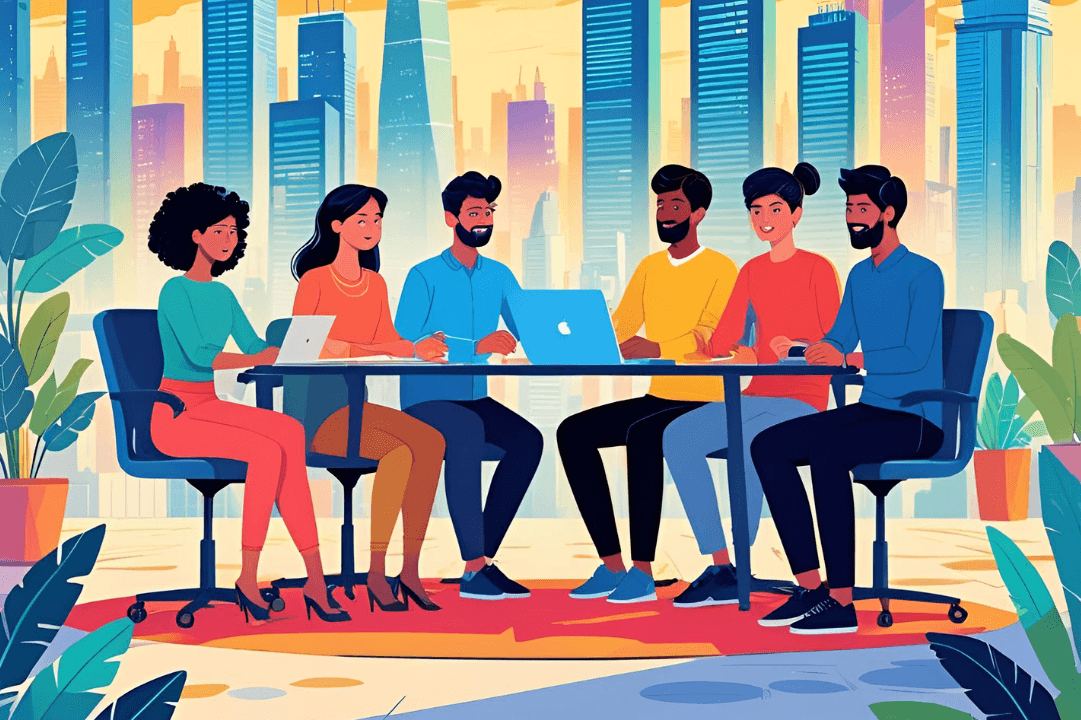
Published on: 24 August 2025
Artificial Intelligence is no longer an abstract concept. From text generators to image models and editing tools, AI has entered the day to day workflow of Indian creators. But one question dominates conversations: will AI replace human creativity, or will it enable a more democratic, diverse, and empowered creative economy in India?

AI thrives at scale: automating edits, improving sound, cleaning up visuals, or helping draft scripts. For small businesses and solo creators in India, these tools lower the barrier to entry and save time on repetitive tasks. But the spark, the story, the cultural context, the emotional pull, is still human led.
Overreliance on AI can dilute originality. If every brand uses the same templates and every creator leans on the same AI generated stock, content risks blending into one another. Indian audiences value authenticity, cultural nuance, and personal voice, elements that algorithms cannot replicate on their own.
The danger is not AI replacing humans, but humans replacing themselves with AI outputs without adding their own voice.
India’s creator economy is one of the fastest growing in the world, with over 2 million monetised creators. In a multilingual, culturally diverse landscape, AI can support scaling by helping translate, transcribe, and localise content. But the narrative, humour, and cultural codes still require human intuition.
For Indian homegrown labels, AI is a force multiplier. It allows a local fashion brand to generate design mockups, a café to auto edit reels, or an indie musician to master tracks without studio budgets. When paired with professional studios and spaces, AI ensures small brands compete with industry giants while retaining authenticity.
With great accessibility comes responsibility. India needs clear guidelines on AI usage, crediting, copyright, and disclosure. The real value lies in blending human vision with AI efficiency, ensuring AI empowers without erasing identity.
The future of Indian creativity is not AI versus humans, but humans with AI.
If AI becomes an invisible assistant across India’s creator ecosystem, could it also become the equaliser that allows a chai stall owner’s brand story to stand alongside a multinational’s campaign Would audiences still be able to tell the difference, and should it matter?